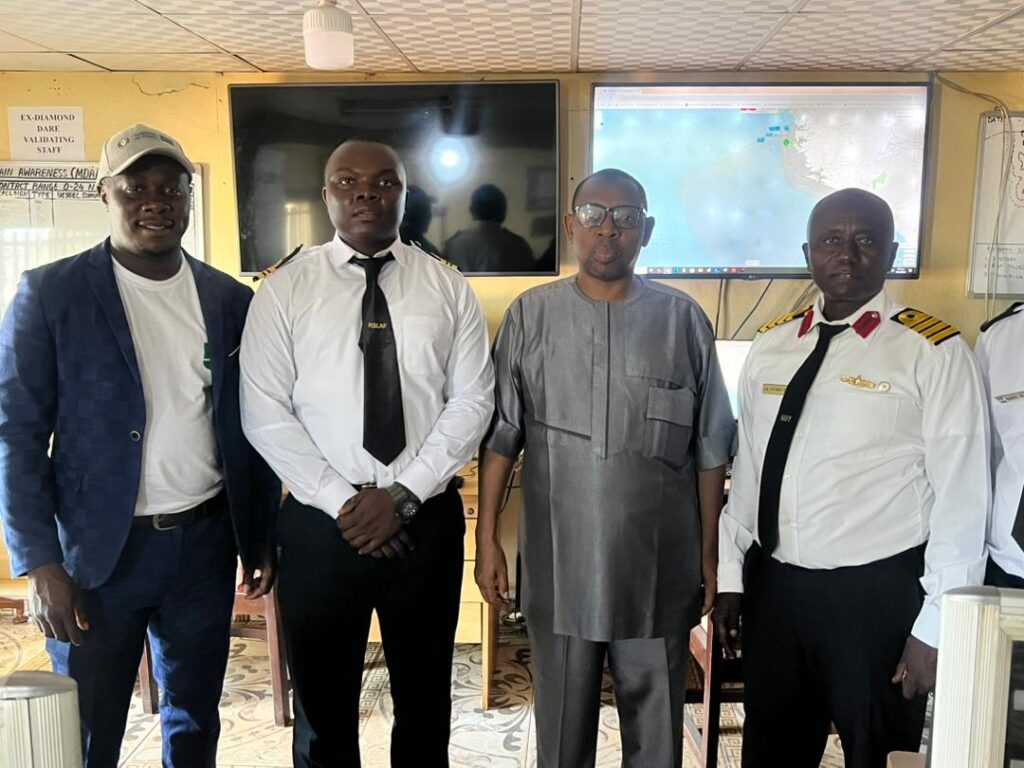ECOWAS Launches OPERATION ANOUANZÉ 3, Mobilize Regional Naval Forces Against Maritime Threats.
By Raymond Enoch.
In a decisive show of regional unity and maritime resolve, the Economic Community of West African States (ECOWAS) has launched Operation ANOUANZÉ 3 — a coordinated naval response aimed at tackling escalating threats along West Africa’s coastal waters.

The operation officially set sail on Monday, August 25, 2025, from Freetown, Sierra Leone, under the watchful eye of the ECOWAS Multinational Maritime Coordination Centre (MMCC), Zone F. This high-level mission is being steered by the ECOWAS Regional Security Division, under the leadership of the highly regarded Colonel Dieng, PhD, who is responsible for operational coordination and strategic oversight.
The launch event was marked by a show of solidarity and regional commitment, drawing the presence of ECOWAS officials and Sierra Leone’s Chief of Naval Staff, Navy Captain LK Jabati.
Running from August 25 to 28, Operation ANOUANZÉ 3 represents a crucial part of ECOWAS’ integrated maritime security strategy — a bold regional framework aimed at tightening cooperation among member states and enhancing their naval capabilities in the fight against maritime crimes such as piracy, illegal fishing, trafficking, and smuggling.
Crucially, the operation has garnered the support of the United Nations Office on Drugs and Crime (UNODC), signaling global interest in the security of the Gulf of Guinea and the broader West African maritime space.
“This is more than a naval exercise — it’s a message to criminal networks that our waters are not lawless,” a source within the ECOWAS security apparatus told this reporter.
ECOWAS’ commitment to maritime security comes at a critical time. With the region’s blue economy offering untapped potential, the growing threats in the maritime domain have called for intensified, collaborative responses.
As naval units from member states mobilize over the next few days under Operation ANOUANZÉ 3, observers across the region will be watching closely. Success here could set a new standard for regional security cooperation — one that asserts Africa’s ability to police its own waters, its own way.








